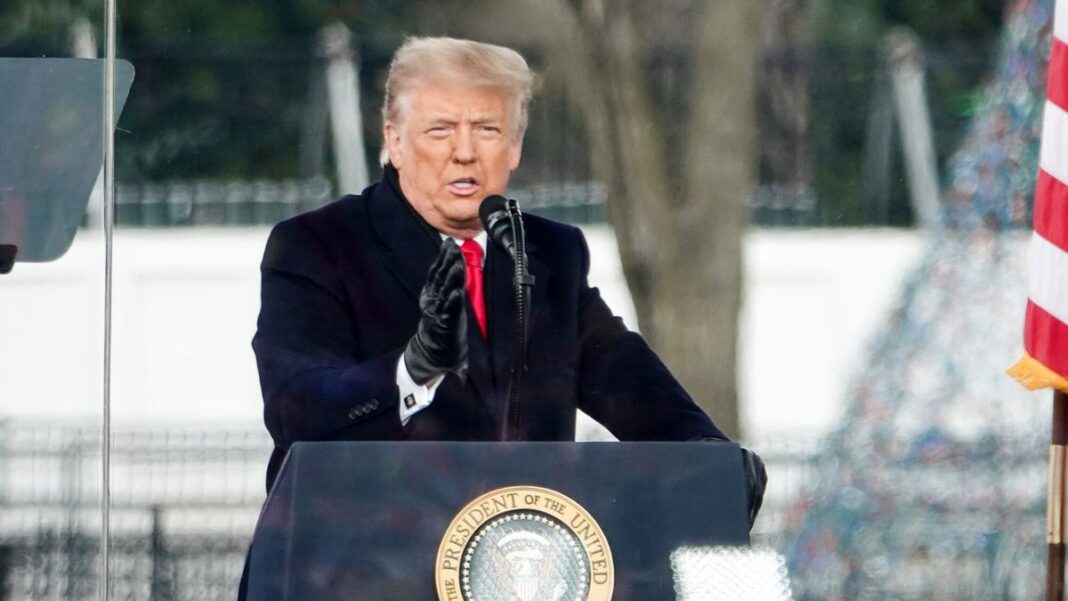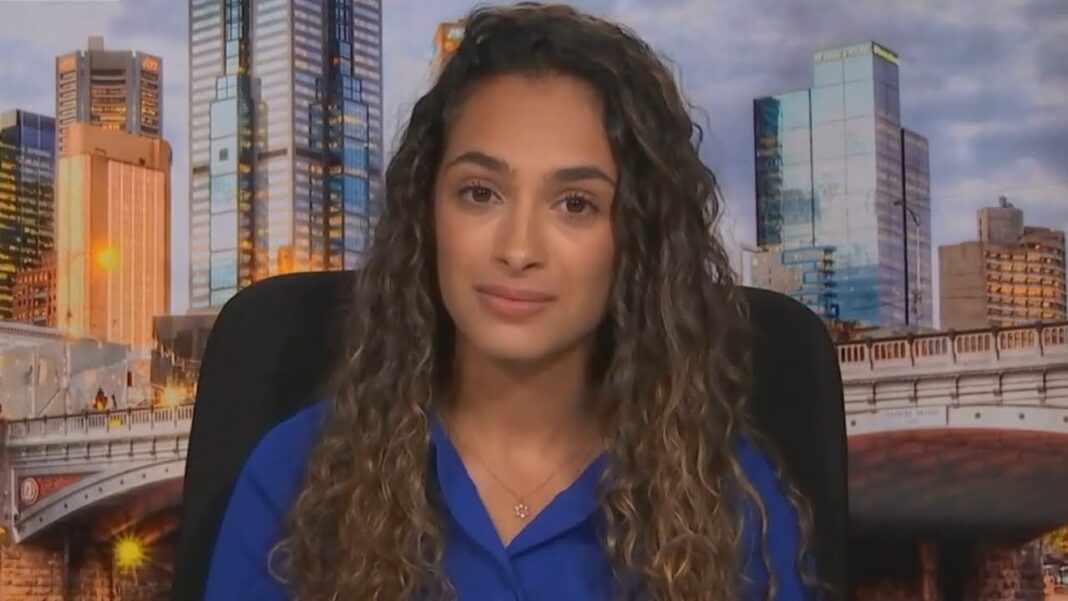The prosecution has until Dec. 30 to submit its reply filing in the expedited case.
As ordered by the court, former President Donald Trump and his lawyers have filed their opening brief with a District of Columbia appeals court, asking the court to toss the DOJ’s case accusing him of plotting to overturn the 2020 election on grounds of presidential immunity.
The U.S. District Court of Appeals for the District of Columbia Circuit previously agreed to expedite the hotly contested case, giving appellants until Dec. 23 to file their opening arguments for the appeal.
The filing comes after the U.S. Supreme Court on Dec. 22 decided not to fast-track the DOJ’s case against the former president as DOJ special counsel Jack Smith sought to adhere to a March 4 trial deadline. The defense objected to any need to fast-track due process in the appeals court, arguing that the special counsel request was only necessary for timing his rival President Joe Biden’s political messaging against President Trump ahead of the Super Tuesday primary elections.
The defense also noted that the prosecution had failed to show otherwise why this March 4 trial date—which has featured prominently in the prosecution’s requests—was so important.
With the arrival of the Supreme Court’s ruling, the appeals court can now proceed with President Trump’s challenge.
The result of the appeal will decide whether the DOJ’s case against President Trump has teeth, and will also contribute to determining when the politically-charged case will be heard. If the trial goes ahead, President Trump would be required to appear in a Washington district court every weekday for two or three months, which could be a massive handicap to his presidential campaign by limiting his movements to the steps of the courthouse.
A 1982 Supreme Court opinion had established absolute immunity for presidents from civil suits. For criminal prosecution, both parties have argued that the bounds of immunity have not been defined.
The defense is asserting in its appeal, “The unbroken tradition of not exercising the supposed formidable power of criminally prosecuting a president for official acts—despite ample motive and opportunity to do so, over centuries—implies that the power does not exist,” President Trump’s attorney D. John Sauer wrote in the opening brief.
By Melanie Sun







